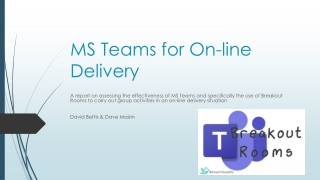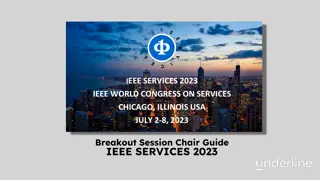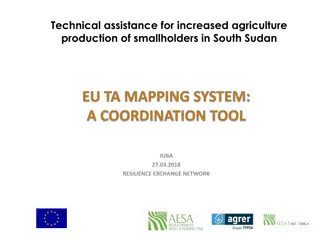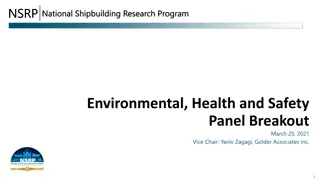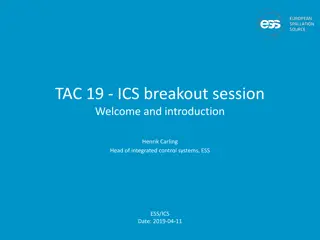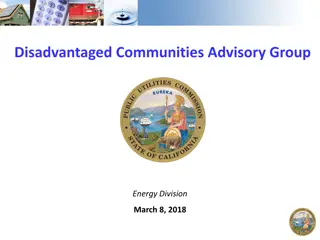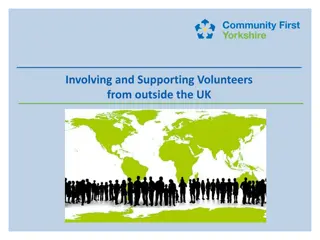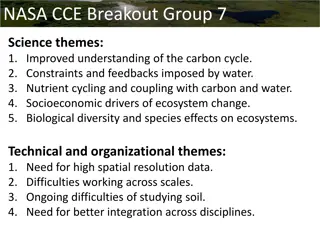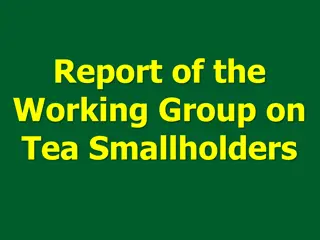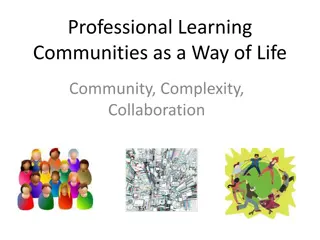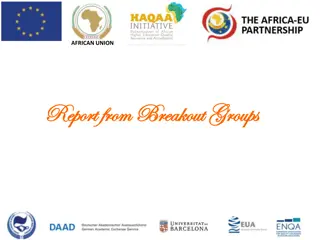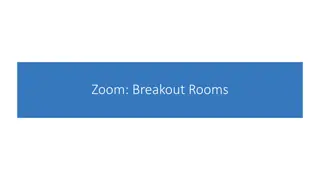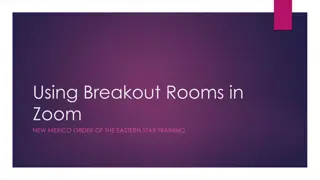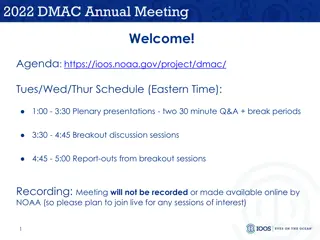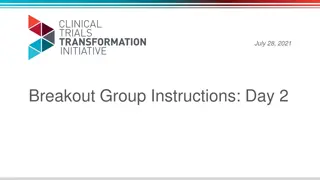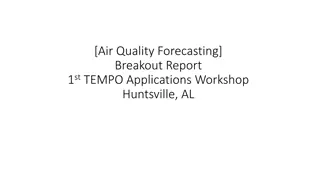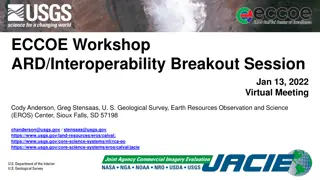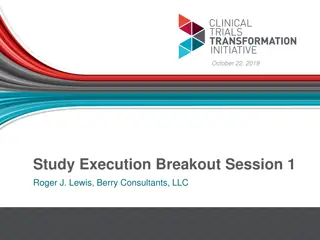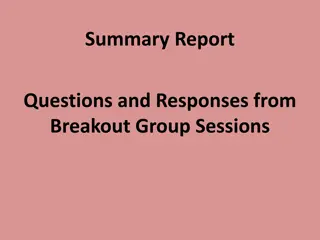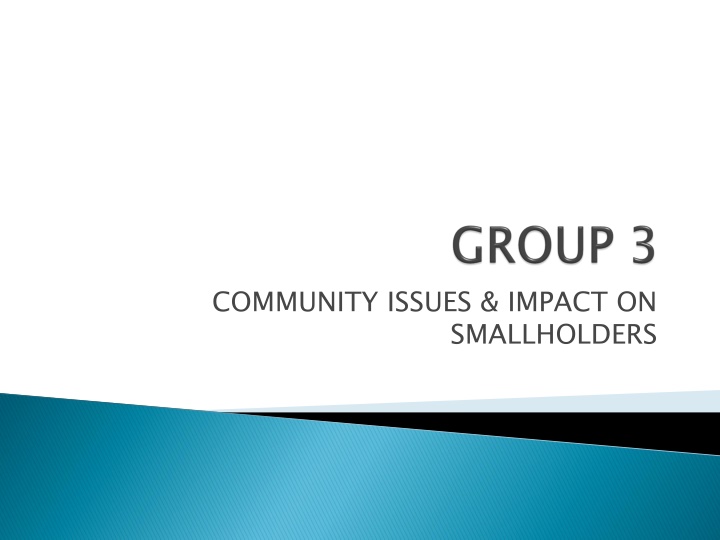
Deforestation-Free Policies and Smallholder Engagement
Exploring the complexities of deforestation-free policies and their impact on smallholders, this content delves into the considerations of burden versus boon, the importance of prioritizing smallholder engagement, and the significance of involving appropriate stakeholders to address land permit regulations and tenure resolutions.
Uploaded on | 0 Views
Download Presentation

Please find below an Image/Link to download the presentation.
The content on the website is provided AS IS for your information and personal use only. It may not be sold, licensed, or shared on other websites without obtaining consent from the author. If you encounter any issues during the download, it is possible that the publisher has removed the file from their server.
You are allowed to download the files provided on this website for personal or commercial use, subject to the condition that they are used lawfully. All files are the property of their respective owners.
The content on the website is provided AS IS for your information and personal use only. It may not be sold, licensed, or shared on other websites without obtaining consent from the author.
E N D
Presentation Transcript
COMMUNITY ISSUES & IMPACT ON SMALLHOLDERS
What is deforestationfree? The question is not only about burden or boon; it is about rights. For some groups, it is a burden because other non-forest economic opportunities are more promising. For some groups, it is a boon because they still need the forest, for example if it is the only source of livelihoods they have had.
Smallholders should be subject to corporate deforestation-free policies, but their engagement should be prioritized from the earliest phase of the permit process. Partnerships are important
Preventing change the regulation of land permits & land tenure Resolving engage the most appropriate stakeholders (e.g., chief of adat - not only the formal administrative leader)

